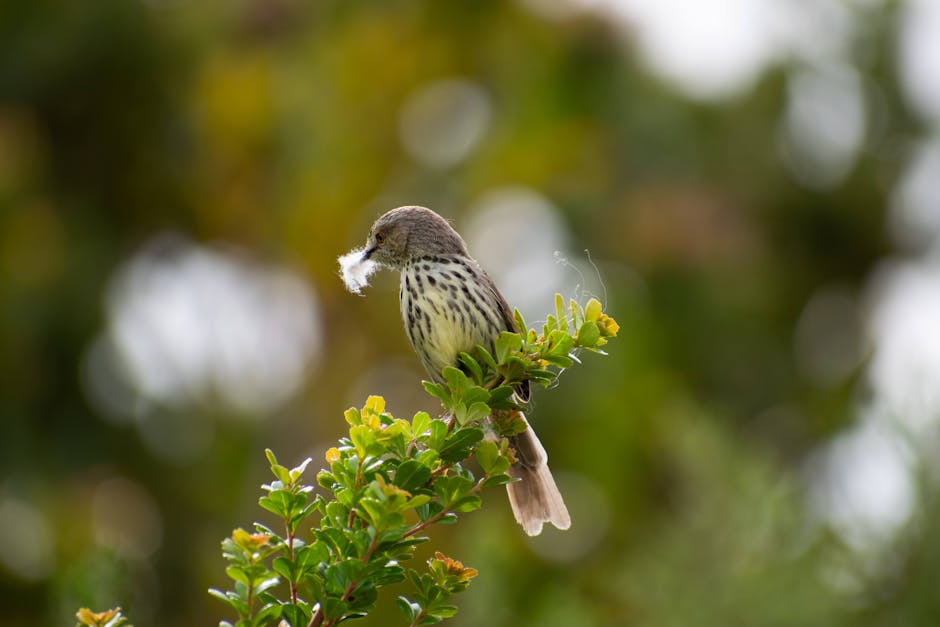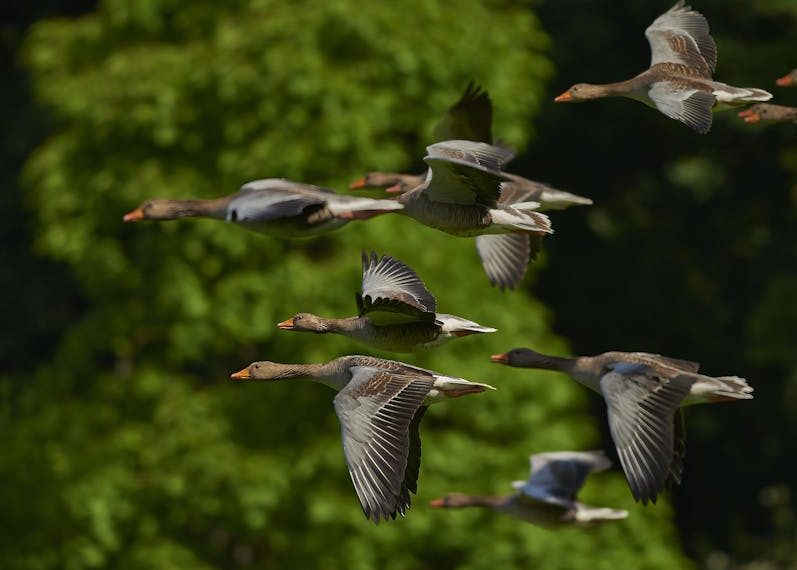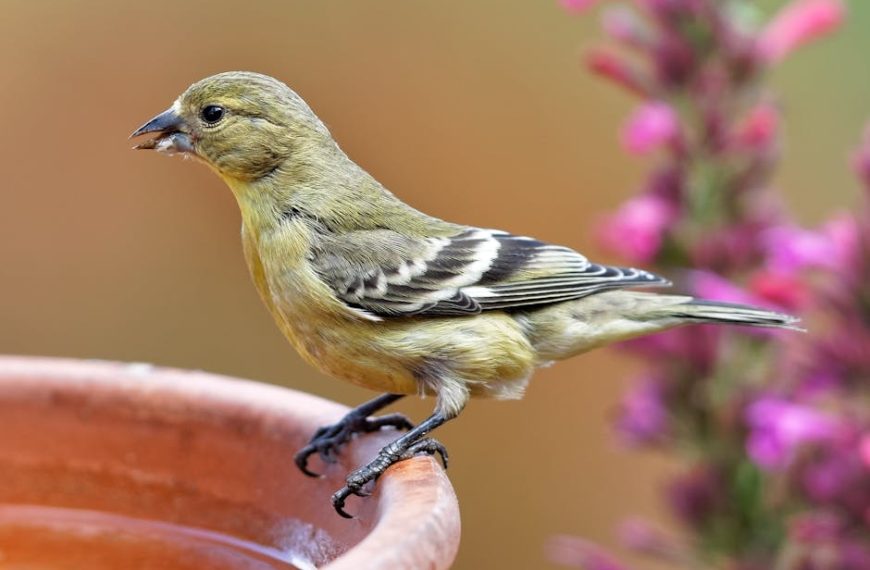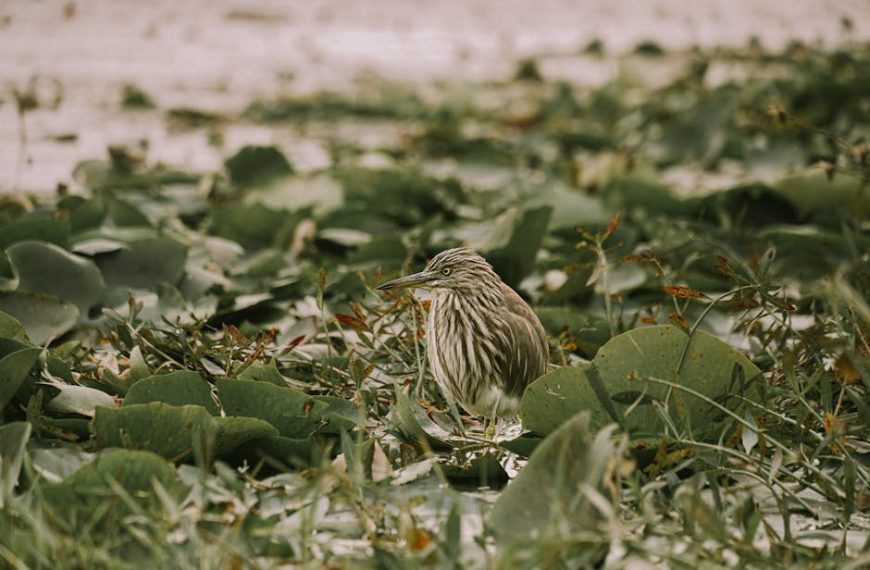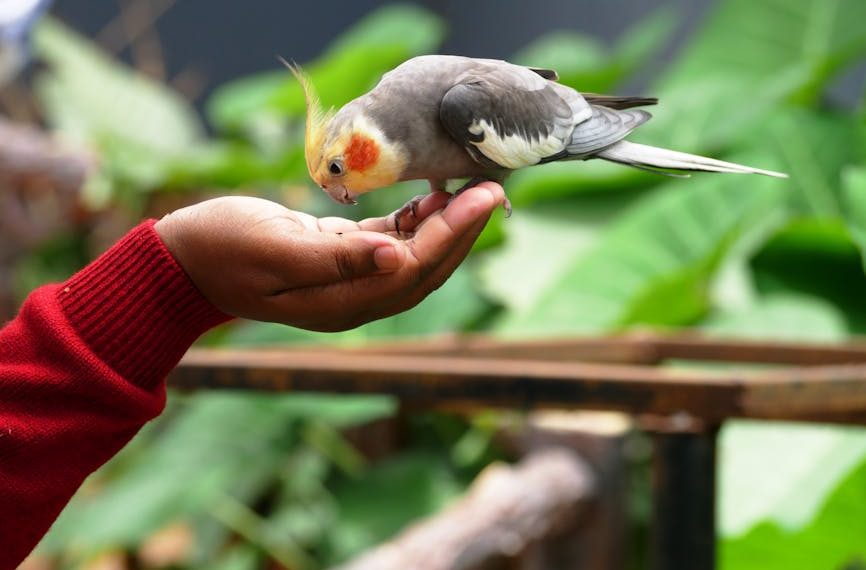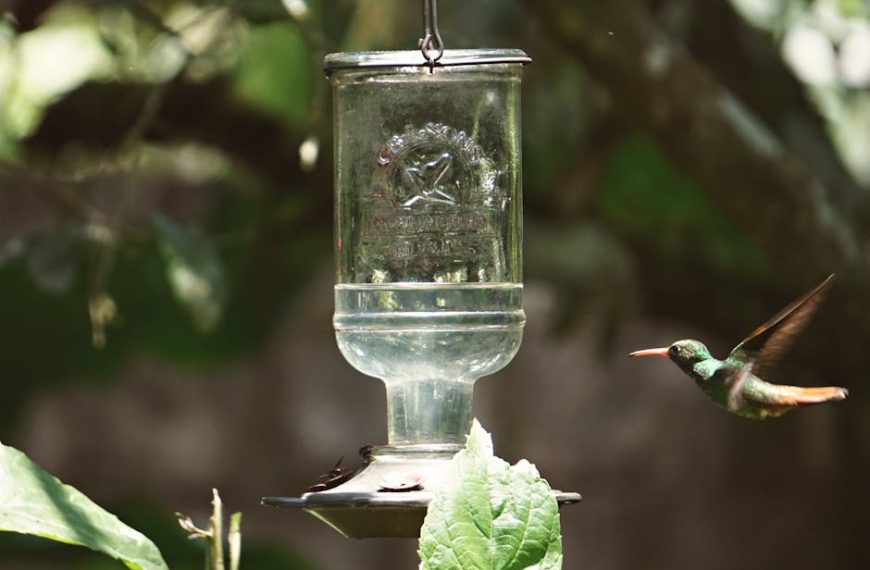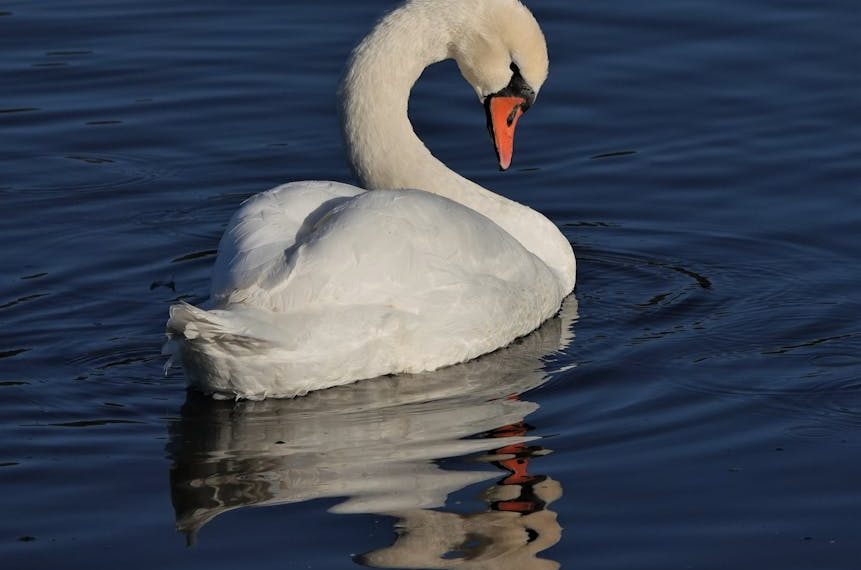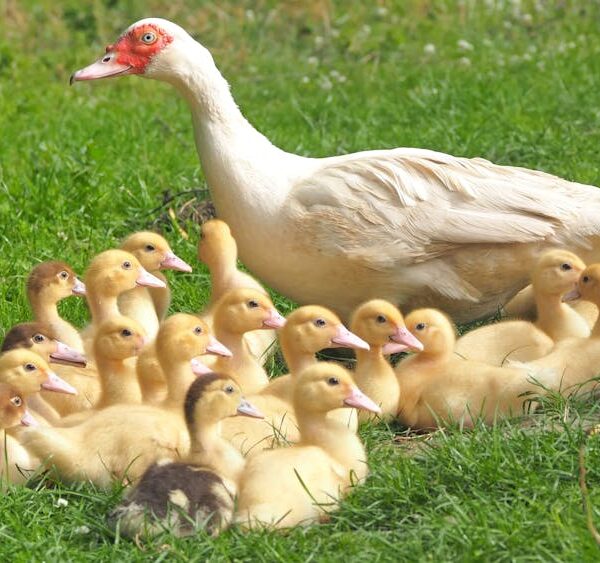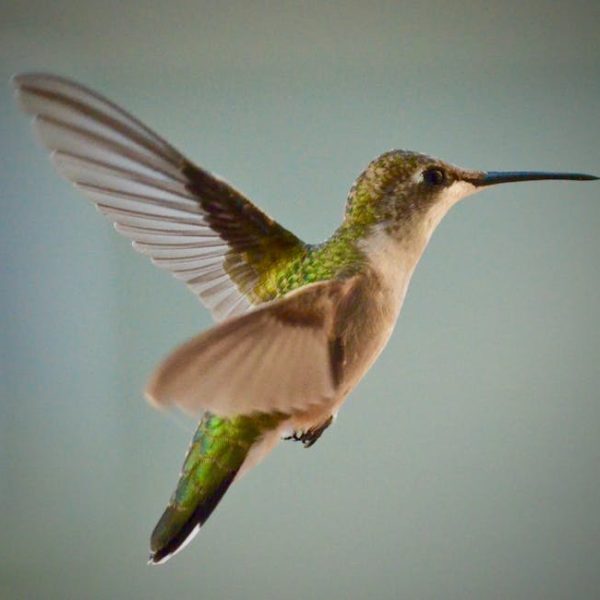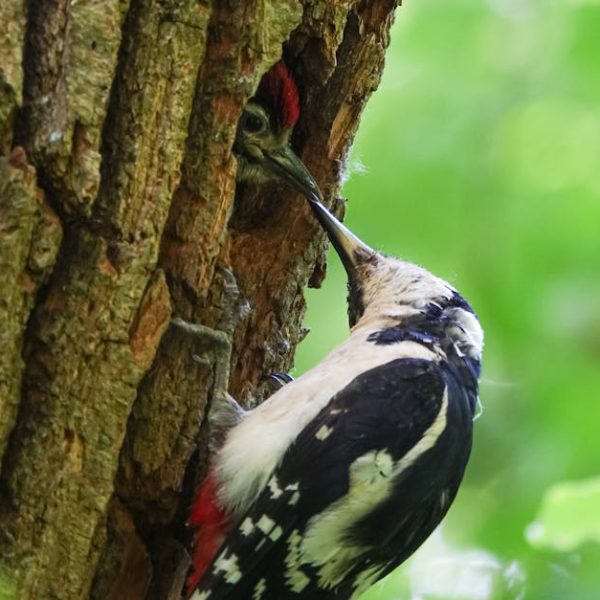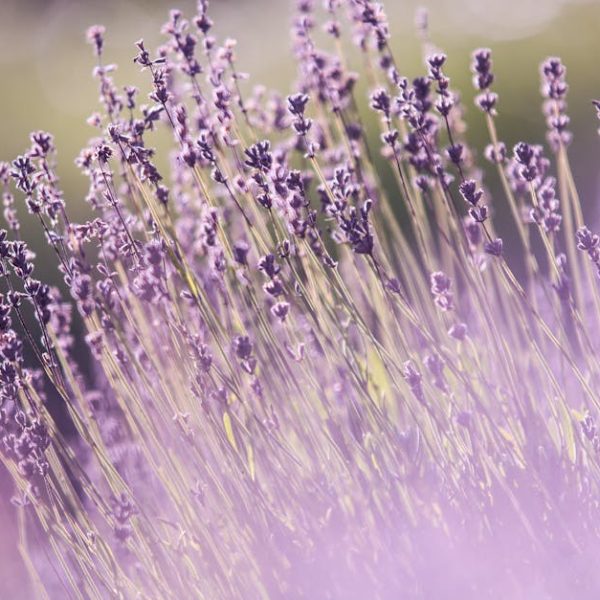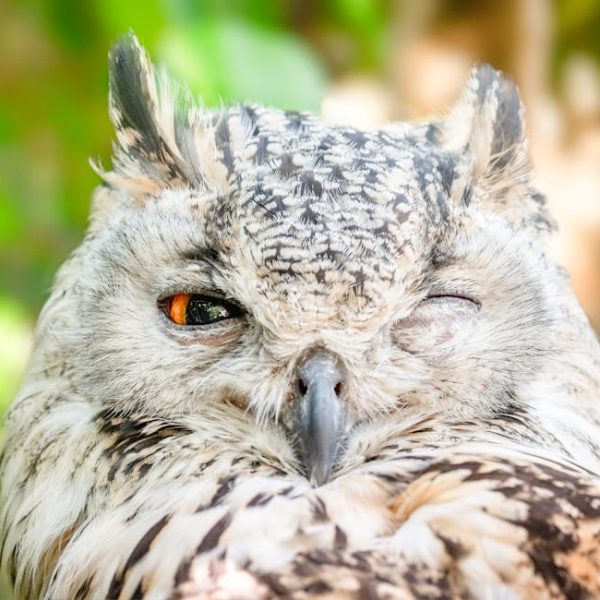Birds sneeze like other animals, functioning as a natural defensive mechanism to expel unwanted dust or particles from their nasal chambers. It’s a fascinating coincidence of nature that mirrors the human response to airway obstructions. However, bird anatomy, specifically their respiratory system, is entirely unique from our own—a key aspect in understanding the cause and potential implications of a bird’s sneeze.
Understanding Bird Anatomy and the Respiratory System
The respiratory system of birds is impressively efficient and incredibly unique. Unlike mammals, birds have a highly specialized system that includes air sacs alongside lungs. The air sacs, dispersed throughout their body, have no direct role in oxygen/carbon dioxide exchange. Rather, they serve as a bellows system to circulate air, providing a continual fresh air supply.
Here are some key parts in a bird’s respiratory system:
- Air Sac: These function like bellows, promoting the circulation of air through the respiratory system.
- Lungs: The primary sites of gas exchange, smaller and more rigid than those of mammals.
- Trachea: A tube that connects the mouth and nose to the lungs and air sacs.
- Nostrils: Passage of air into the trachea.
Knowing how a bird’s respiratory system works, is pivotal for bird pet owners to ensure their well-being.
Common Causes of Sneezing in Birds
Birds, by virtue of their efficient respiratory system, are inevitably more sensitive to exposure from dust, pollution, foreign particles, and strong odors, all of which can trigger sneezing. Often, sneezing simply functions as a cleaning mechanism—much like coughing in humans—to clear minor irritants.
Here are the regular triggers of sneezing in birds:
- Dust.
- Pollutants.
- Inhaled foreign bodies.
- Strong odors.
Imagine sneezing as birds saying, Get out! to undesirable intruders in their nostrils. However, sometimes, sneezes may be signs of something more worrying, like a health condition.
Avian Illnesses Related to Sneezing
While occasional sneezing is normal and even healthy for birds, persistent or frequent sneezing could be an indication of an underlying health issue. Certain avian illnesses such as Avian Rhinotracheitis, Aspergillosis, and Psittacosis commonly reflect through symptoms like sneezing.
- Avian Rhinotracheitis: A viral infection causing inflammation of the bird’s nasal passages and trachea.
- Aspergillosis: A fungal disease that affects a bird’s respiratory system.
- Psittacosis: A bacterial infection that can cause pneumonia in birds.
In caring for avian health, knowledge is power! Understanding potential threats is vital in ensuring a long, happy birdlife.
How to Respond to Frequent Bird Sneezing
If a bird sneezes more frequently than normal, there may be cause for concern. In such instances, bird owners are advised to consult a professional avian vet. The vet can accurately diagnose the issue and recommend appropriate treatment.
Here’s a basic bird sneezing response checklist:
- Observe the frequency of sneezing.
- Take note of any accompanying symptoms like discharge or changes in behavior.
- Seek professional help if persistent sneezing occurs.
Remember, as a bird owner, vigilance is crucial to provide prompt care when required.
The Role of Environment and Diet in Bird Respiratory Health
The environment in which a bird lives, coupled with its diet, plays a significant role in ensuring robust respiratory health. Factors such as humidity, cleanliness, and a balanced diet are paramount to keeping sneezing and respiratory diseases at bay.
Consider two environments:
A domicile with abysmal ventilation and constant exposure to dust, fumes, or strong cleaning chemicals can significantly inhibit a bird’s respiratory health. Contrastingly, an environment that’s clean, well-ventilated, and free of potentially irritating substances will undoubtedly do wonders for a bird’s well-being.
Similarly, a balanced diet that’s high in nutrients and free of harmful substances or allergens can considerably bolster a bird’s immunity, leading to fewer health concerns.
Here are some best practices to create an unquestionable habitat for your bird and promote a balanced diet:
- Maintain cleanliness in the bird’s surroundings.
- Allow fresh air and light.
- Regularly change the bird’s drinking water.
- Offer a varied and balanced diet, ensuring all necessary nutrients.
- Avoid exposure to potent chemical fumes or substances susceptible to provoking allergies.
Remember, much like us, birds too thrive in healthy environments and on balanced diets. By considering the pointers highlighted in this article, you’ll be better equipped to ensure your bird’s wellness and longevity. Happy birding!
Key Takeaway:
- Birds sneeze just like humans and other animals to get rid of dust or other unwanted particles from their nasal chambers. Despite being a usual cleaning mechanism, frequent sneezing could indicate a health condition.
- The bird’s unique respiratory system, including air sacs and their lungs, plays a significant role in their sensitivity to various triggers like dust, pollutants, and strong odors.
- Several avian diseases like Avian Rhinotracheitis, Aspergillosis, and Psittacosis often come with sneezing as a symptom, making frequent sneezing a sign for potential health issues.
- Environmental factors and diet significantly impact a bird’s respiratory health. A clean and well-ventilated environment coupled with a balanced diet goes a long way in preventing sneezing-related diseases.
Bird owners, equipped with this knowledge, can assure their feathered friends are in the pink of health. Let’s remember that a comfortable environment and a nourishing diet aren’t just for humans but are just as significant for our avian companions. Stay observant, stay informed, and nature will return your care with the sweet song of a happy, healthy bird.
FAQs
Q: Are there different types of sneezes in birds, and what do they mean?
A: Generally, birds sneeze to rid their nasal passages of dust or debris. However, persistent or frequent sneezing could indicate an underlying health issue. It’s recommended to consult with a vet if you notice abnormal sneezing patterns.
Q: Can human illnesses cause birds to sneeze?
A: Some avian diseases can come from human bacteria or viruses, but mostly these are species-specific. If you’re sick, it’s a good idea to limit contact with your pet bird and maintain hygiene at all times.
Q: How can I differentiate if my bird is sneezing due to dust or if it is sick?
A: Increased frequency, accompanied by other symptoms such as discharge or changes in behavior, could be signs of sickness. If in doubt, it’s always best to seek professional help.
Q: What kind of pollutants should I avoid to prevent my bird from sneezing?
A: Keep your bird away from fumes like cigarette smoke, aerosol sprays, scented candles, or household cleaners. Any strong odor could potentially irritate their respiratory system, leading to sneezing.
Q: Can I give my sneezing bird any home remedies?
A: While maintaining cleanliness and a dust-free environment can help, it is crucial to remember that frequent sneezing might be indicative of serious health issues. It’s advisable to consult with a vet in such cases.
We hope these FAQs helped answer some of your questions. If you found this article helpful, do share it with other bird lovers and continue exploring our website for more insights.
